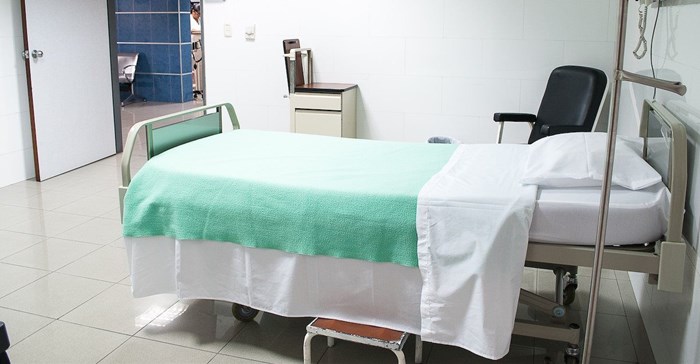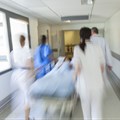Negligence at Gauteng state hospitals has caused damage to over 20,000 patients in the past two-and-a-half years, with R29bn paid out in claims. Recent South African figures for claims against private hospitals and nursing homes aren't available, with claims often settled quietly. In a high proportion of successful negligence claims against South African hospitals, nursing negligence is to blame.
What constitutes nursing negligence or malpractice?
“Nurses are responsible for performing their tasks within their scope of practice and for acting in the best interests of the patient at all times. Where failure to do this leads directly to harm to a patient, a personal injury claim may be pursued," sayas Kirstie Haslam, partner at DSC Attorneys.
In her thesis - Investigation into the factors contributing to malpractice litigation in nursing practice within the private healthcare sector of Gauteng - researcher Amy Williams notes that the moment a nurse acts irresponsibly and fails to perform a task according to policies and procedural guidelines, they can be liable for professional negligence.
Nursing negligence can result in serious harm to patients, including:
- life-threatening events
- extension of current hospitalisation
- significant disability
- deaths
Causes of nursing negligence
In studies conducted by Professor Ethelwynn Stellenberg from Stellenbosch University’s Faculty of Medicine and Health Sciences, the most common factors that lead to nursing malpractice were identified as the following:
- failure to follow guidelines
- insufficient knowledge
- poor patient monitoring
- failure to administer prescribed medication
- failure to respond to clinical signs
- inadequate training
Stellenberg warns that the quality of care is declining, in both the state and private sectors.
Some examples of nursing negligence in South Africa
Hardly a month goes by in South Africa without a story of nursing negligence making the headlines. Haslam cites a few recent incidents:
- A man was admitted to a Durban hospital in June for gangrene in his leg. Four days later‚ his son found maggots squirming under his father’s upper lip.
- A homeless man recently died outside the Tshwane district hospital after nurses refused him entry because he “smelled bad”.
- A 45-year old woman gave birth on the pavement outside a clinic in Mamelodi after nurses turned her away while she was in labour for being a high-risk case.
Legal liability: who may be sued for compensation in the event of injury or a fatality?
In South Africa, claims based on medical negligence are dealt with under the common law – particularly on the basis of the law of delict, according to a report of the South African Law Reform Commission on Medico-Legal Claims.
“Where nursing negligence leads to injury or a fatality, it’s not against the nursing staff that a personal injury claim is typically made,” says Haslam.
“Instead, a claim may be made against the employer (the hospital), the owner of a private hospital or, in the case of injury at a state hospital, the MEC or Minister of Health.”










































